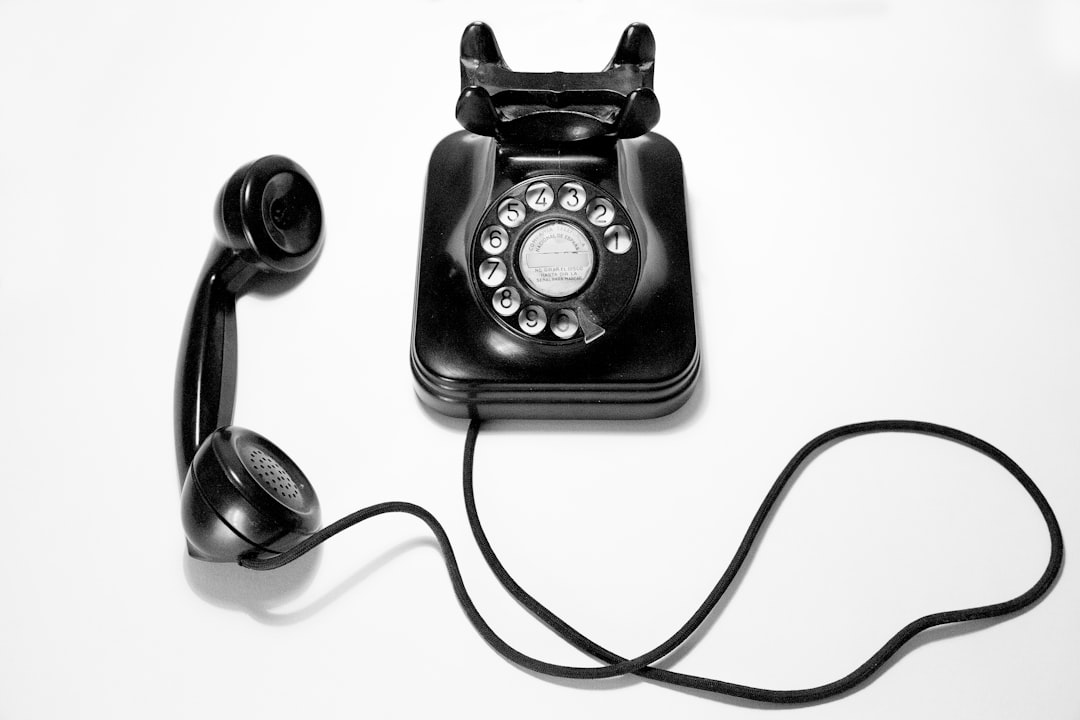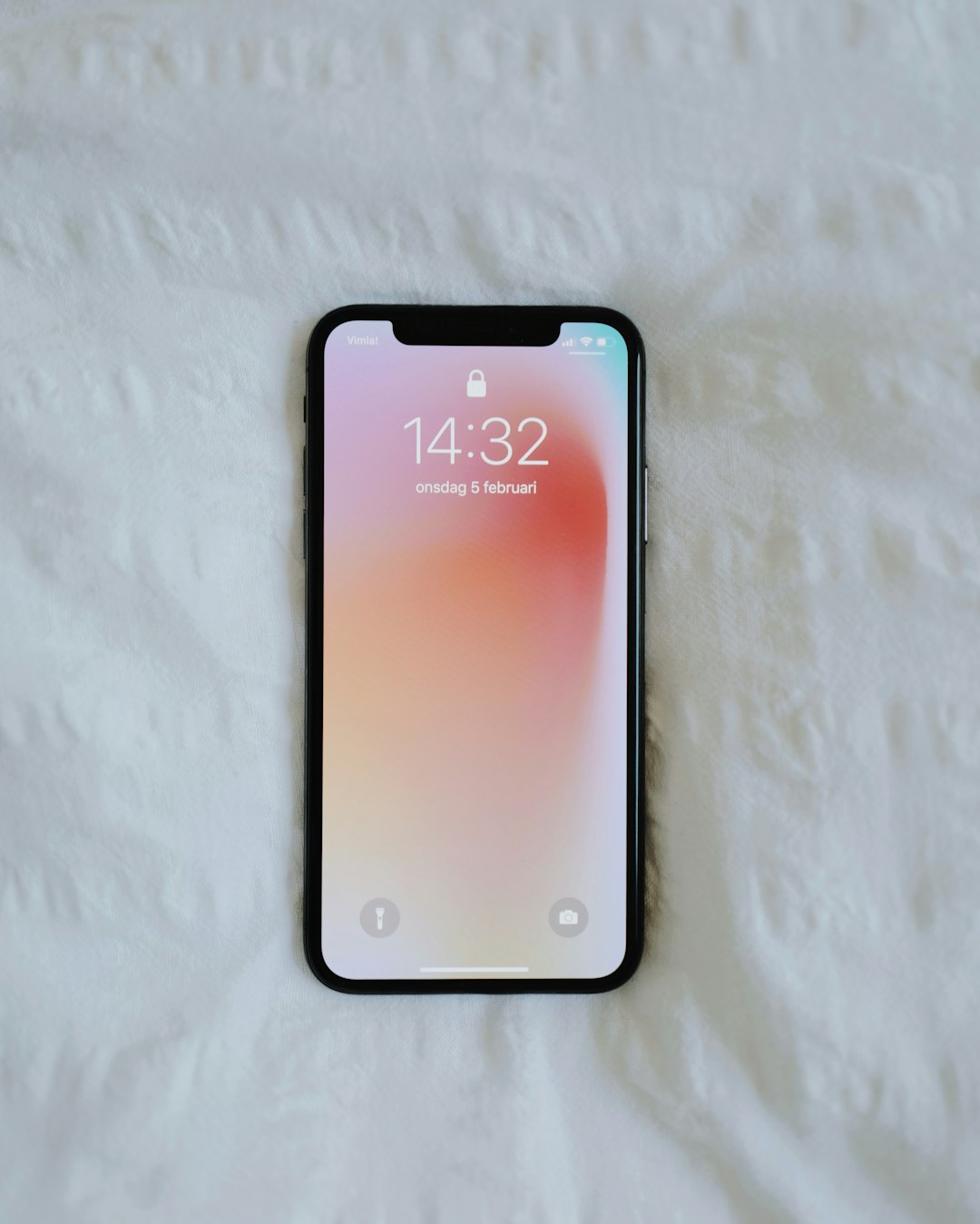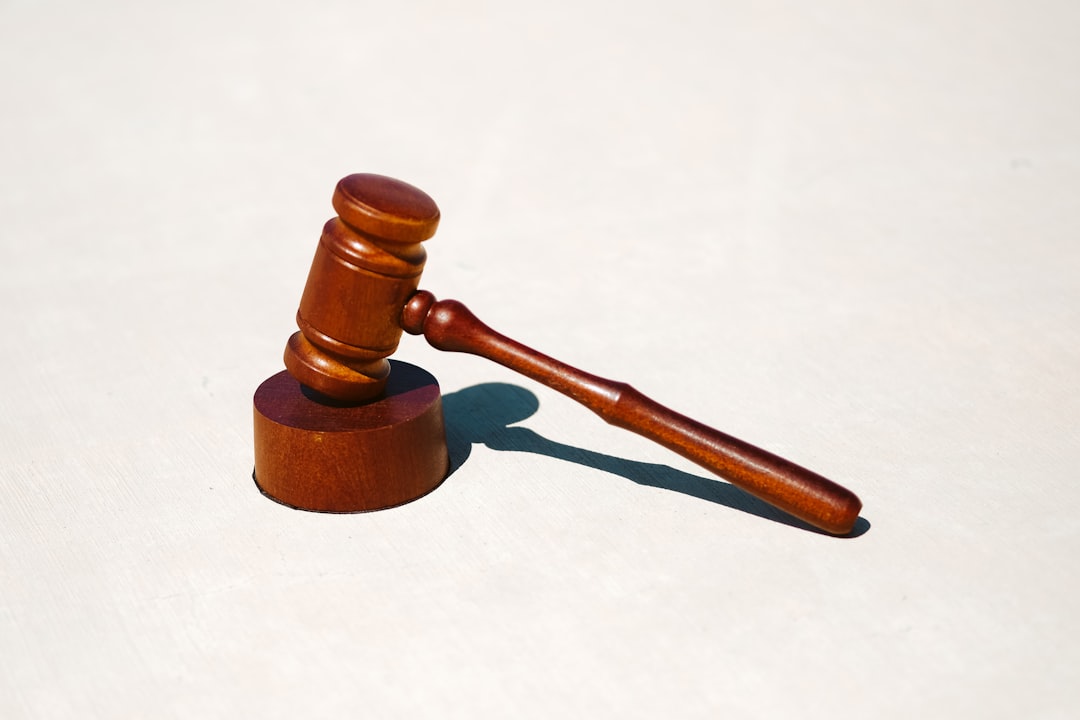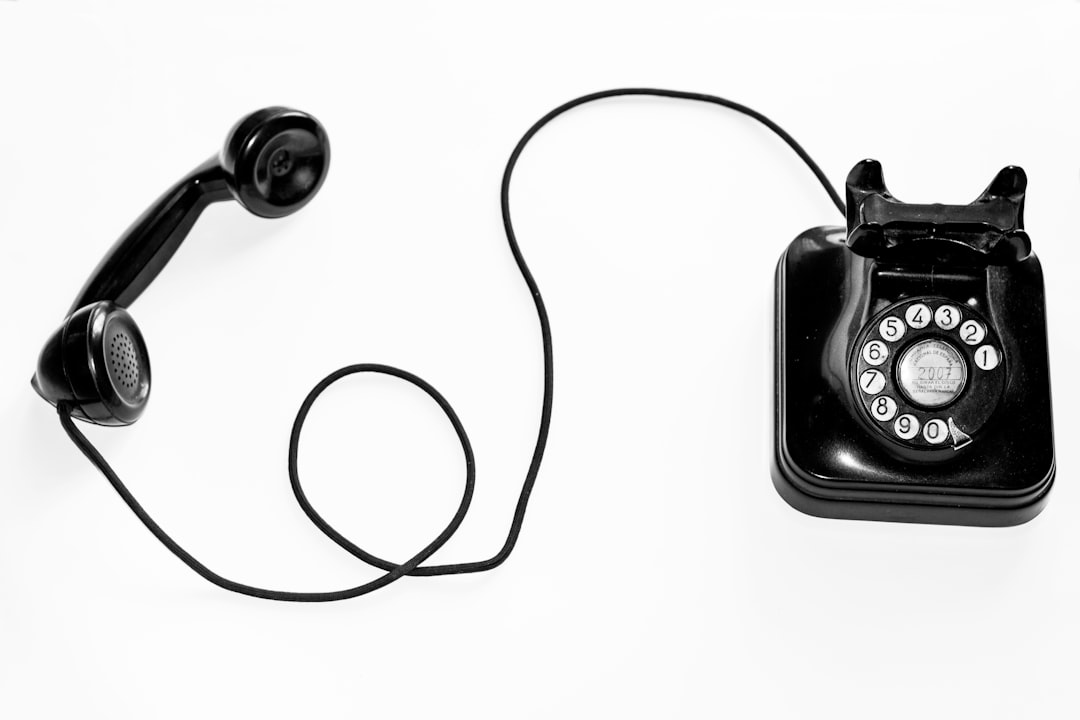In Wisconsin, distinguishing between spam and legitimate telemarketing calls is key to effective call management. Residents can combat spam by signing up for the National Do Not Call Registry, using carrier blocking features or apps, blocking unknown numbers, and being cautious about sharing info. Identifying and blocking spam sources through pattern recognition significantly reduces unwanted calls. Proactive use of tools like TCPA for complaints, state's Do Not Call List, and phone service provider features offers effective solutions to stop spam calls Wisconsin-style.
In Wisconsin, distinguishing between legitimate telemarketing calls and spam can be challenging. This guide aims to equip folks with the knowledge to navigate this modern-day enigma. We’ll explore effective strategies for identifying and blocking spam calls, highlighting legal rights available to Wisconsin residents to combat unwanted phone solicitations. By understanding the difference, you’ll gain control over your communication channels, ensuring a quieter, more peaceful connection with legitimate calls while minimizing disruptions from spam. Learn how to stop spam calls in Wisconsin today.
Understanding Spam Calls vs Telemarketing in Wisconsin

In Wisconsin, as across the nation, the distinction between spam calls and legitimate telemarketing can be hazy. Spammers often use automated systems to generate vast numbers of unsolicited calls, often with prerecorded messages or artificial voices, targeting specific demographics or areas. These calls can be aggressive and persistent, aiming to sell products or services, solicit donations, or even scam victims out of their money. On the other hand, telemarketing involves live operators who contact individuals to promote or sell goods and services, though it’s generally done with prior consent. While both can be annoying, knowing the difference is crucial for understanding how to effectively manage and stop spam calls in Wisconsin.
To Stop Spam Calls Wisconsin, residents have several options. First, register on the National Do Not Call Registry. This federal list restricts phone marketing calls from certain companies. Additionally, many wireless carriers offer call-blocking features or apps specifically targeting spam. Reviewing caller ID information and blocking unknown numbers can also help. Finally, be wary of revealing personal information over the phone unless you’ve initiated contact with a known organization. By combining these strategies, Wisconsin residents can reclaim control over their phone lines and reduce the influx of unwanted telemarketing and spam calls.
Identifying and Blocking Spam Call Sources Effectively

Identifying and blocking spam call sources effectively is a crucial step in protecting yourself from unwanted interruptions. In Wisconsin, as with many places, these calls can often seem relentless. However, there are several methods to combat them. Start by identifying patterns; spam callers frequently use automated systems, which may reveal consistent timing or specific area codes. Once identified, you can block these numbers through your phone’s settings or dedicated apps designed to filter out such calls. Many modern smartphones have built-in call blocking features that allow you to create blacklists and whitelist contacts, significantly reducing the volume of spam calls received.
Additionally, consider registering with the National Do Not Call Registry, which offers a federal level of protection against telemarketing calls. This registry is a powerful tool that can limit the number of promotional calls you receive. Remember, staying proactive and informed about these tactics is key to minimizing the impact of spam calls in Wisconsin and enhancing your overall communication experience.
Legal Rights and Tools to Combat Unwanted Calls in WI

In Wisconsin, residents have several legal rights and tools at their disposal to combat unwanted calls from telemarketers and spam call centers. The Telephone Consumer Protection Act (TCPA) provides strong protections for consumers, allowing them to file complaints against violators. One effective way to stop spam calls is by registering your phone number with the National Do Not Call Registry. This federal list prevents commercial callers from contacting you unless they have your explicit consent.
Additionally, Wisconsin has its own Do Not Call List, which offers further protection. Residents can register their numbers through the state’s Attorney General website, ensuring they won’t receive unsolicited sales or marketing calls. Many telephone service providers also offer call blocking and filtering features that can automatically block known spam call sources. By combining these measures, Wisconsin residents can significantly reduce the volume of unwanted calls they receive.






